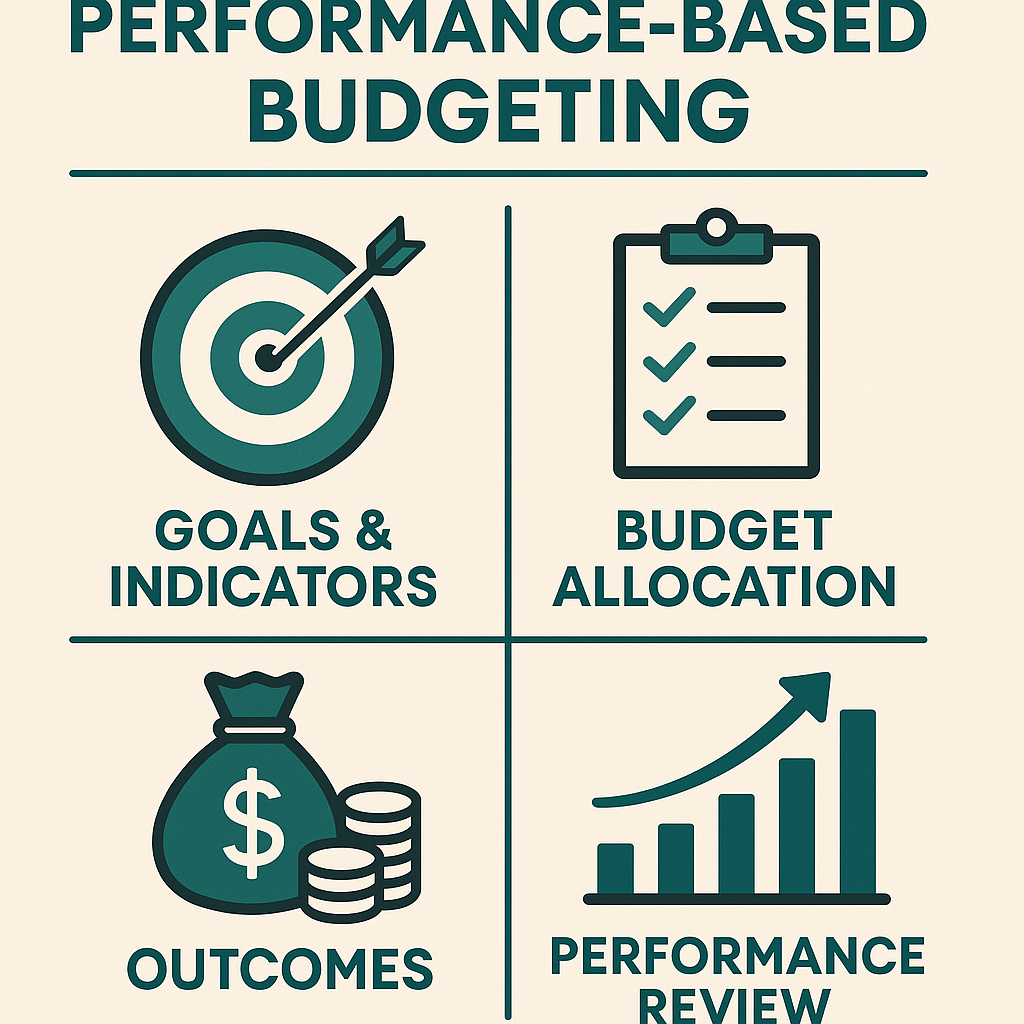
Performance-Based Budgeting (PBB) links resource allocation to measurable outcomes. In theory, it makes governments more accountable and efficient. Pakistan adopted a Medium-Term Budgetary Framework (MTBF) and later introduced PBB in selected ministries. But has it lived up to its promise?
What is PBB?
PBB requires ministries to define goals, set indicators, and allocate budgets accordingly. Instead of just spending money, they are asked: what did you achieve?
Progress So Far
The Ministry of Finance introduced MTBF in 2010, and by 2021, several ministries had published performance-based budget documents. However, many were generic, lacked baselines, or had vague KPIs.
Challenges
- Data Gaps: Without reliable data, performance can’t be measured.
- Capacity Issues: Departments often lack trained staff for monitoring and evaluation.
- Resistance to Change: Line ministries still prefer input-based allocations.
International Examples
Countries like New Zealand and South Africa have successfully linked budgeting with outcomes, thanks to strong audit institutions and culture of evaluation.
Way Forward
- Invest in Data Systems: Reliable administrative data is the backbone of PBB.
- Link PBB to Incentives: Ministries meeting targets could receive additional funds.
- Audit & Review: Independent performance audits can validate claims.
PBB in Pakistan is still in its infancy. While the hype exists, realization requires deep reforms in data, evaluation, and political will. Yet, the hope remains—that someday budgets will truly reflect outcomes.
